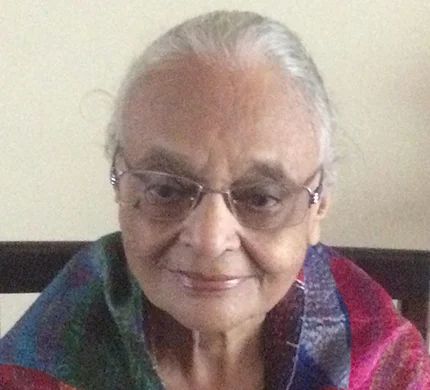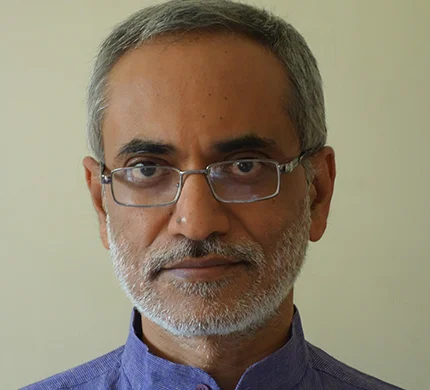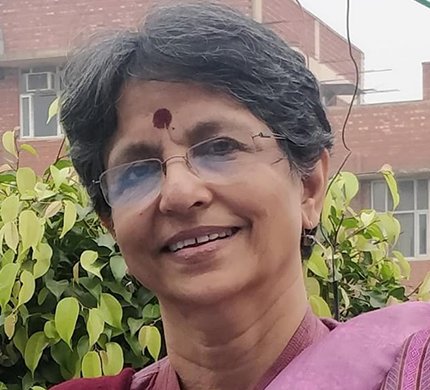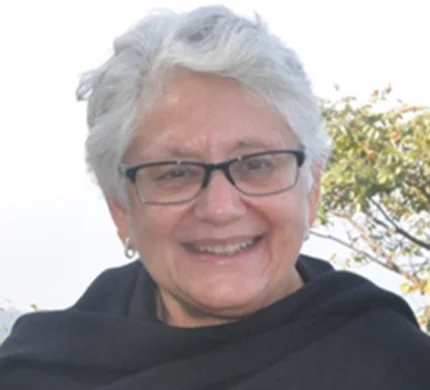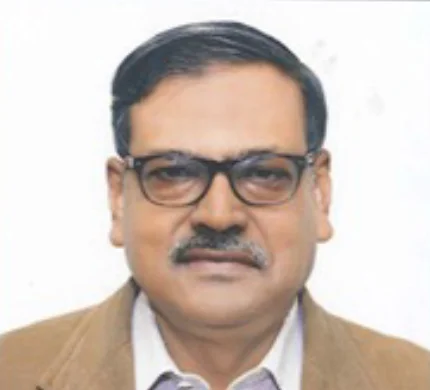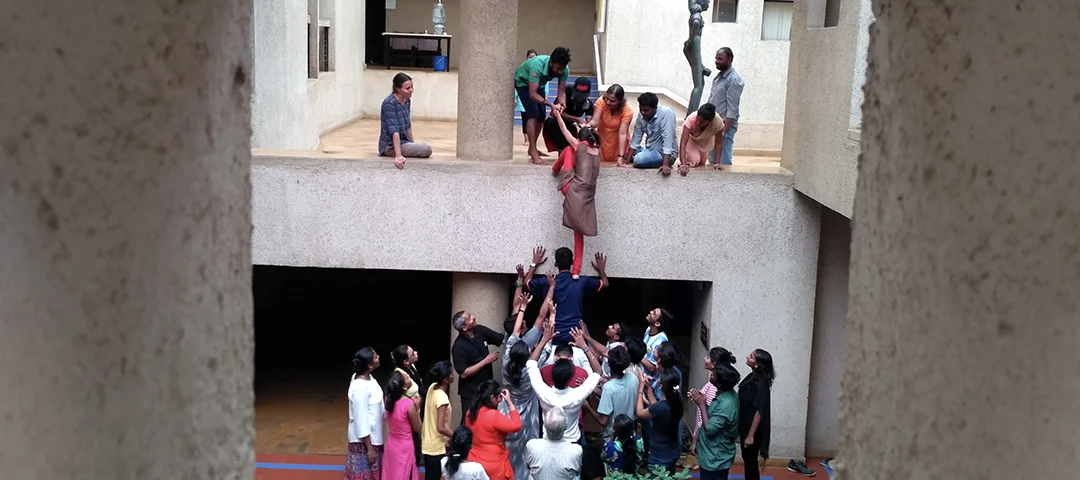
Dalit-Bahujan and Adivasi intellectuals, including Dr Abhay Xaxa, have critiqued the manner in which the largely upper caste cis male academia views marginalised communities as “objects” on whom research is conducted and knowledge extracted from rather than as communities with agency and insight. Community-based participatory action research (CBPAR) has evolved in response to the limitations of traditional research methods. Using a mix of traditional and experimental methods including life history interviews and activities where feedback is gathered, this research will co-produce knowledge about a program run by PUKAR that equips youth from marginalised backgrounds in CBPAR. The research questions will explore: in what ways do participants change after enrolling in or completing the program? What pedagogical practices are effective when it comes to inculcating CBPAR? How do fellows impact their communities? How has the program evolved over time in response to external factors and its mandate of democratising research and transforming youth since its conception in 2005? What strategies are useful to conduct research for action, participatory research or community-based research in other contexts? The manner in which the program has evolved and currently operates can have useful insights for practitioners and educators of critical research tools. The findings of the study will be used to create an illustrated curriculum on CBPAR in Hindi, a digital repository of past research reports created by fellows, a podcast on CBPAR, as well as a traditional research report/article.
Key Words: Cities, Urbanisation, Participatory Action Research, Community-based Research
Key Themes:
Cities, Marginalized Communities
Project Site:
Mumbai, Maharashtra
Principal Investigator:
Nileema Ambekar
Co-Investigator:
Abhishek Shah

